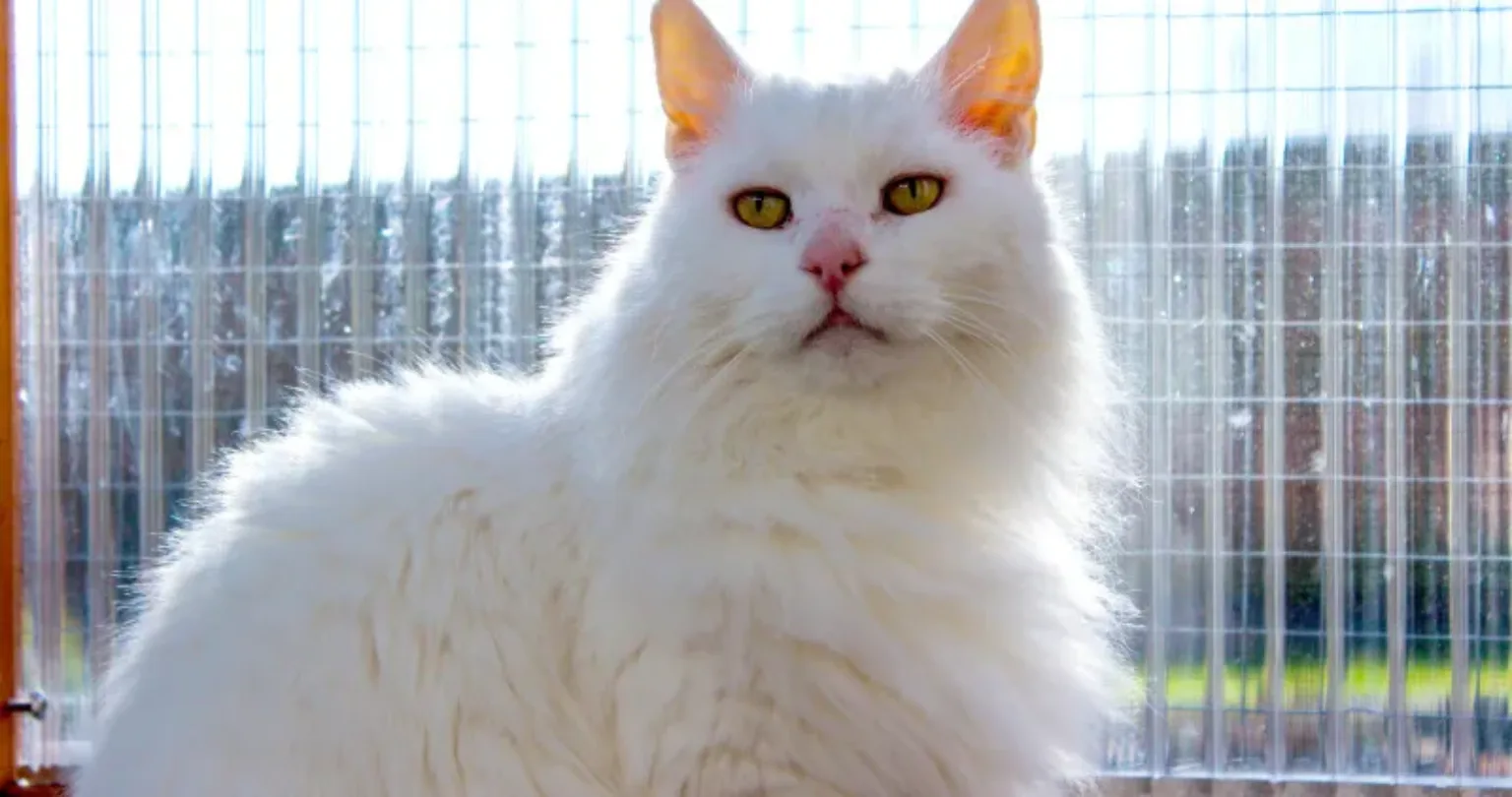When it comes to pets, we've all got questions
Ever feel like your pet is from another planet?

Azotemia is increased levels of waste products like creatinine and urea, which is normally found in their urine, in your cat's blood. It’s usually a sign of kidney failure and is reasonably common in older cats.
Your vet will take a blood sample to determine the levels of urea and creatinine in your pet’s blood. If they’re high, this is a good indication of kidney (renal) failure.
Your pet would then be prescribed with a veterinary renal diet. Treatment with the prescription drug Fortekor may also be beneficial. It’s a good idea to discuss costs with your vet before starting any treatment.
Make sure your pet has access to fresh drinking water at all times. Renal failure is a progressive condition, but prescription diets and medication can slow the condition’s progress and may improve your pet’s quality of life.
If your pet develops anorexia or anaemia then they may benefit from a monthly anabolic steroid injection. Your vet will advise you on this.
Unfortunately, if your pet has azotemia their condition is likely to deteriorate over time. If you notice an increase in your pet’s drinking or urination, if they go off their food, lose weight, suffer from vomiting or diarrhoea then you should take them to the vet.
Make sure you review the clinical history of your new pet and ask for more details on how the condition has been treated. You’ll need to sign a disclaimer to confirm you’ve been made aware of the condition. Any pet who’s had treatment is likely to have pet insurance exclusions, so it’s worth discussing potential on-going costs with your vet.